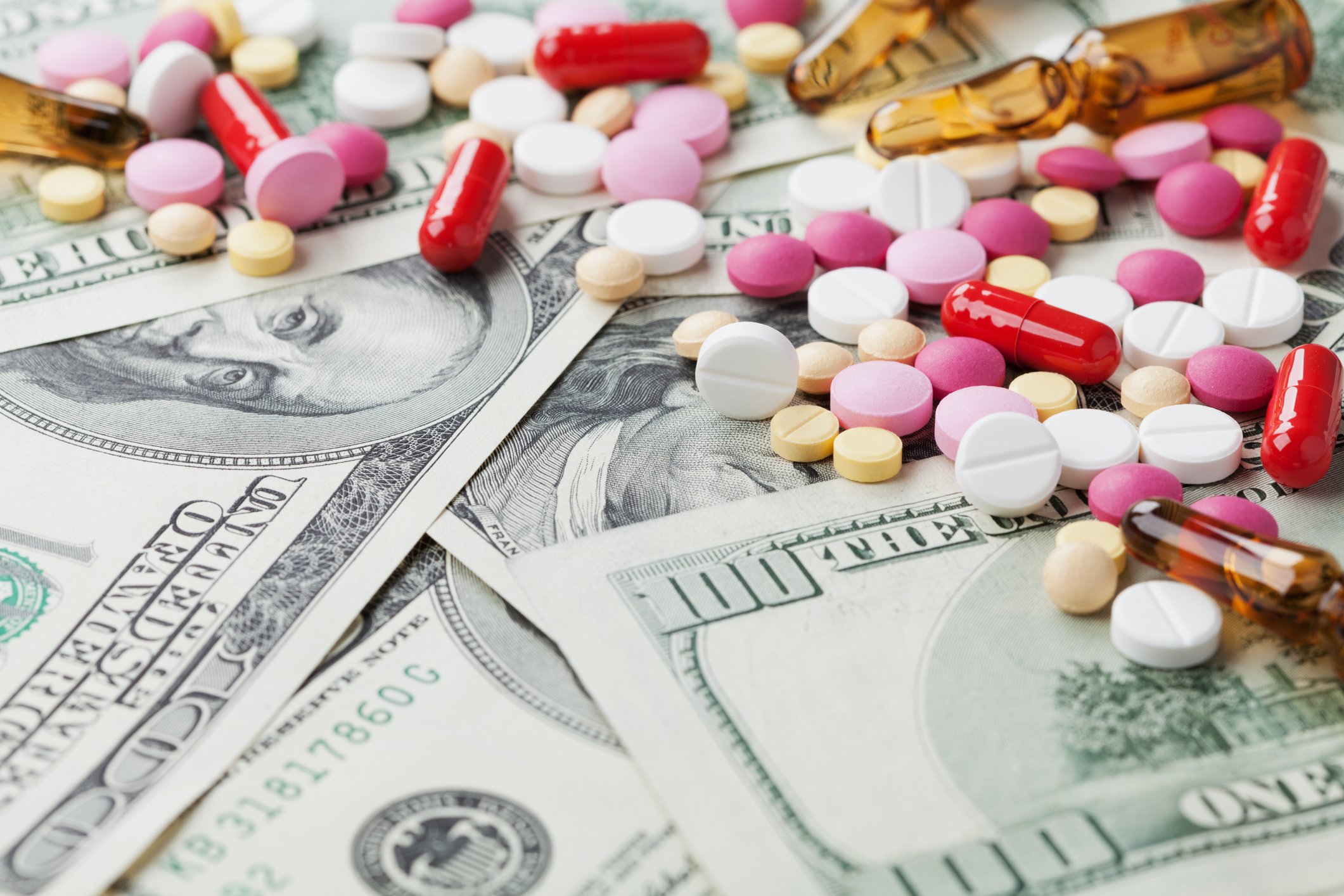AHIP 2024: The hurdles to widespread biosimilar adoption
12 Jun 2024

Preview
Source: FierceHealthcare
Even as critical biosimilar products have come to market, hurdles remain in getting these drugs to patients.
LAS VEGAS—Biosimilars hold significant promise in reducing pharmacy costs, and pharmacy benefit managers have touted them for years as being the key to introducing competition to some of the most in-demand branded products.
However, even as critical products have come to market, hurdles remain in getting these drugs to patients. For one, many physicians do not have the vernacular, necessarily, to discuss these products—or even know they're viable options for their patients at all, experts said Tuesday on a panel at AHIP 2024.
It's a similar trend to the expansion in use of generic products, said Adam Kautzner, president of Express Scripts, which is one of the largest PBMs in the U.S. Pharmacy benefit managers and other stakeholders can be doing more to educate physicians about these products and what they do, he said.
"We also need to work through patient acceptance. That's going to be extremely important," he said. "There's a lot of skepticism for patients around biosimilars today, similarly to generics, as they were a few decades ago."
Vin Gupta, M.D., chief medical officer at Amazon Pharmacy, said just the word "biosimilar" has an unclear meaning for a physician who may not have an extensive knowledge of the pharmaceutical space. And, to encourage patients to explore these options, docs need to able to talk to them about it.
Again using generics as an example, patients initially were skeptical as they were concerned that these products were lesser than the branded drugs they may have already been taking. Biosimilars face a similar knowledge gap, he said.
Gupta is still a practicing pulmonologist; he said there haven't been any major innovative breakthroughs in this market for decades, and emerging products are instead iterations on existing formulations. As such, this is an example of a specialty that hasn't had to learn how to talk to patients about biosimilar products.
"There's the limited exposure to the concept, because, frankly, there's limited competition," Gupta said.
There are also barriers that remain around interchangeability and how readily patients can switch between a biosimilar drug and a branded product. That includes allowing a patient to switch to a biosimilar without the need for a new prescription, Kautzner said.
There is also a web of both federal and state regulations at play on how interchangeable these products are. Merith Basey, executive director of Patients for Affordable Drugs, said on the panel that a legislative package in Congress that aims to tackle drug pricing does look at the interchangeability question.
For generics, she said, drugs need to pass a test before coming to market, and, as it is a pass-fail test, they do not receive feedback on what could be improved to help that product reach the market in the future.
Clarity around interchangeability for these products, she said, is also key to making it easier for physicians to understand them.
"It's a complicated mess, and that has to be simplified in order for manufacturers to bring these lower cost biosimilars to market," Kautzner said.
For more details,please visit the original website
The content of the article does not represent any opinions of Synapse and its affiliated companies. If there is any copyright infringement or error, please contact us, and we will deal with it within 24 hours.
Organizations
Indications
-Targets
-Drugs
-Hot reports
Get started for free today!
Accelerate Strategic R&D decision making with Synapse, PatSnap’s AI-powered Connected Innovation Intelligence Platform Built for Life Sciences Professionals.
Start your data trial now!
Synapse data is also accessible to external entities via APIs or data packages. Leverages most recent intelligence information, enabling fullest potential.



